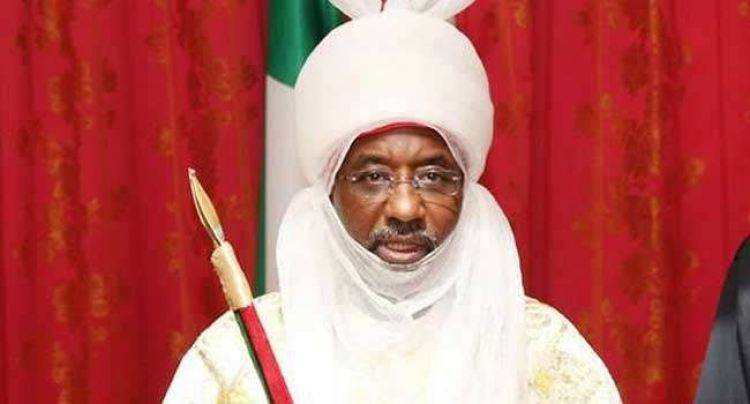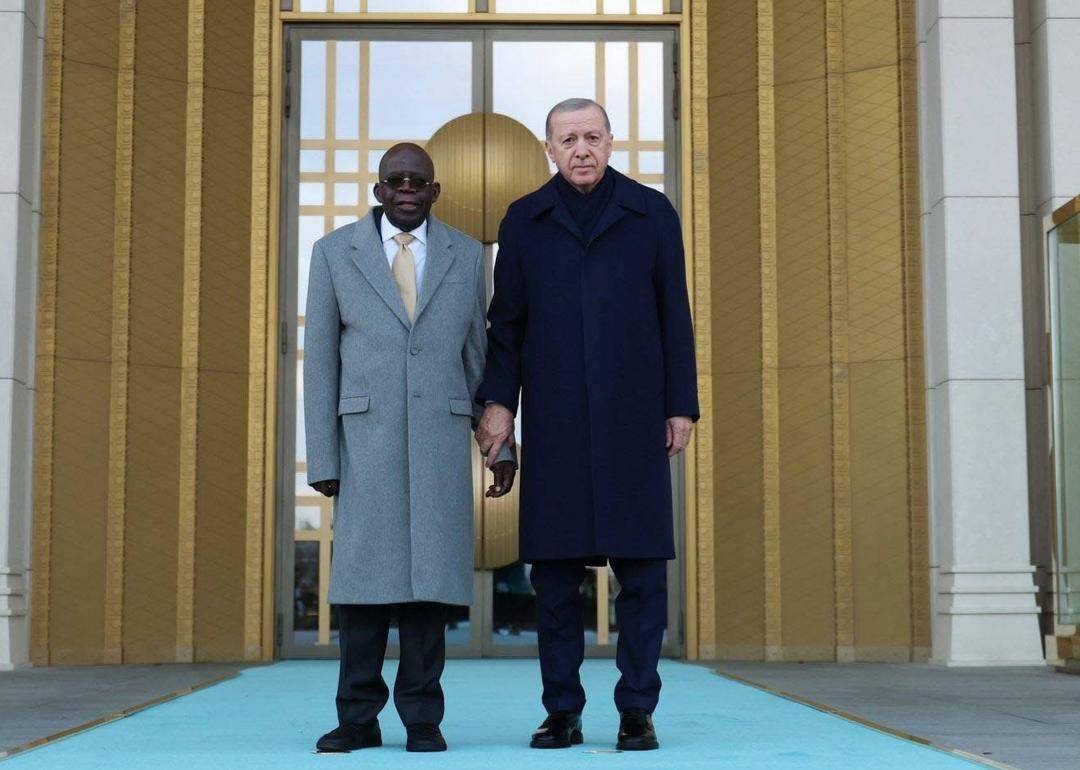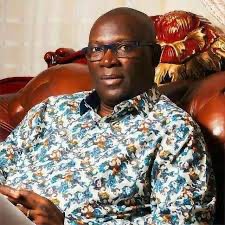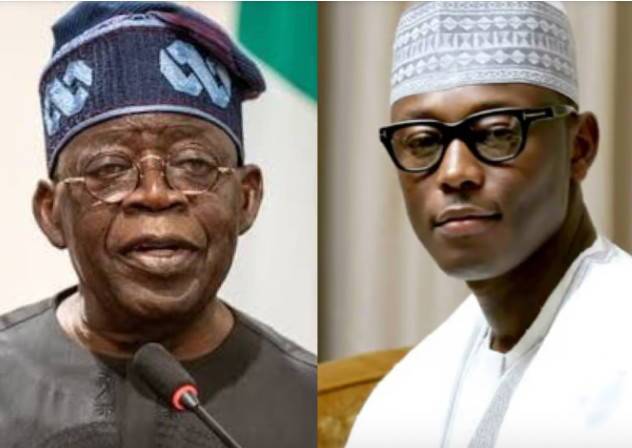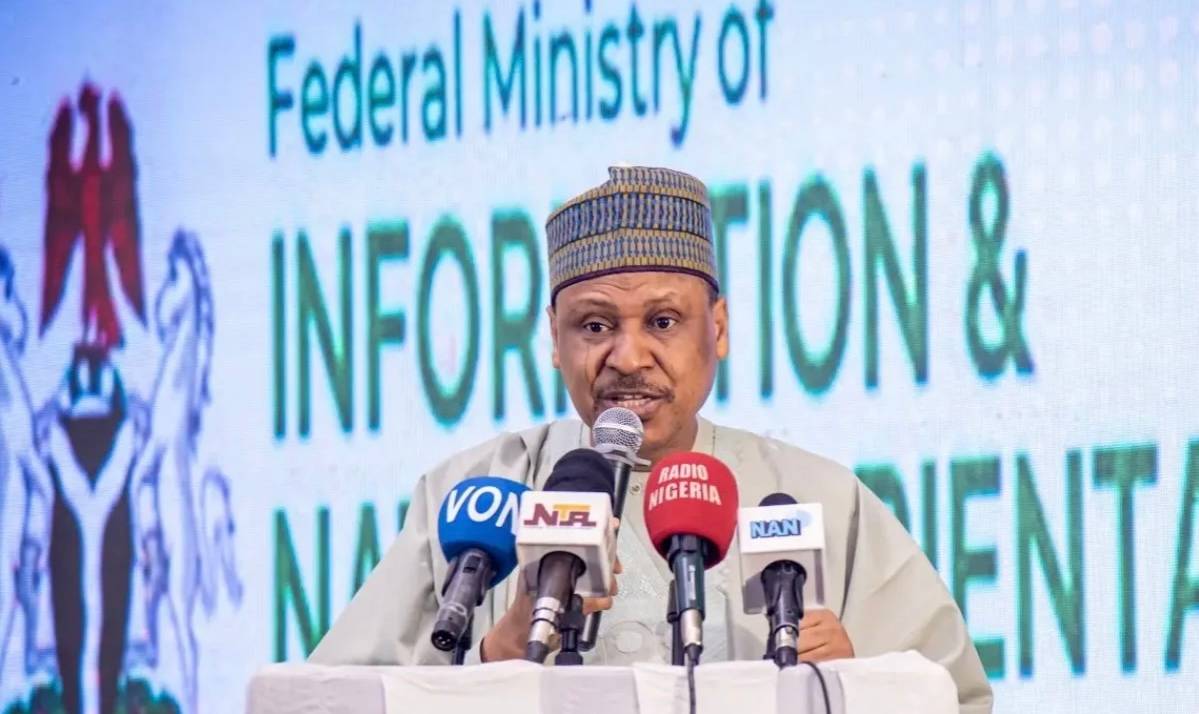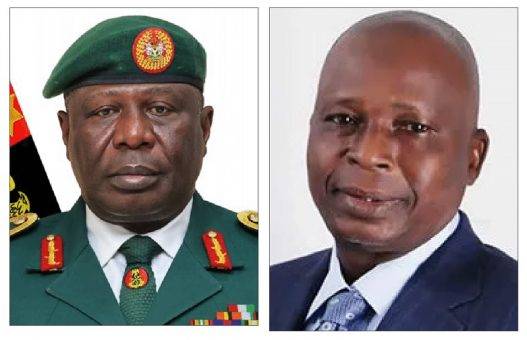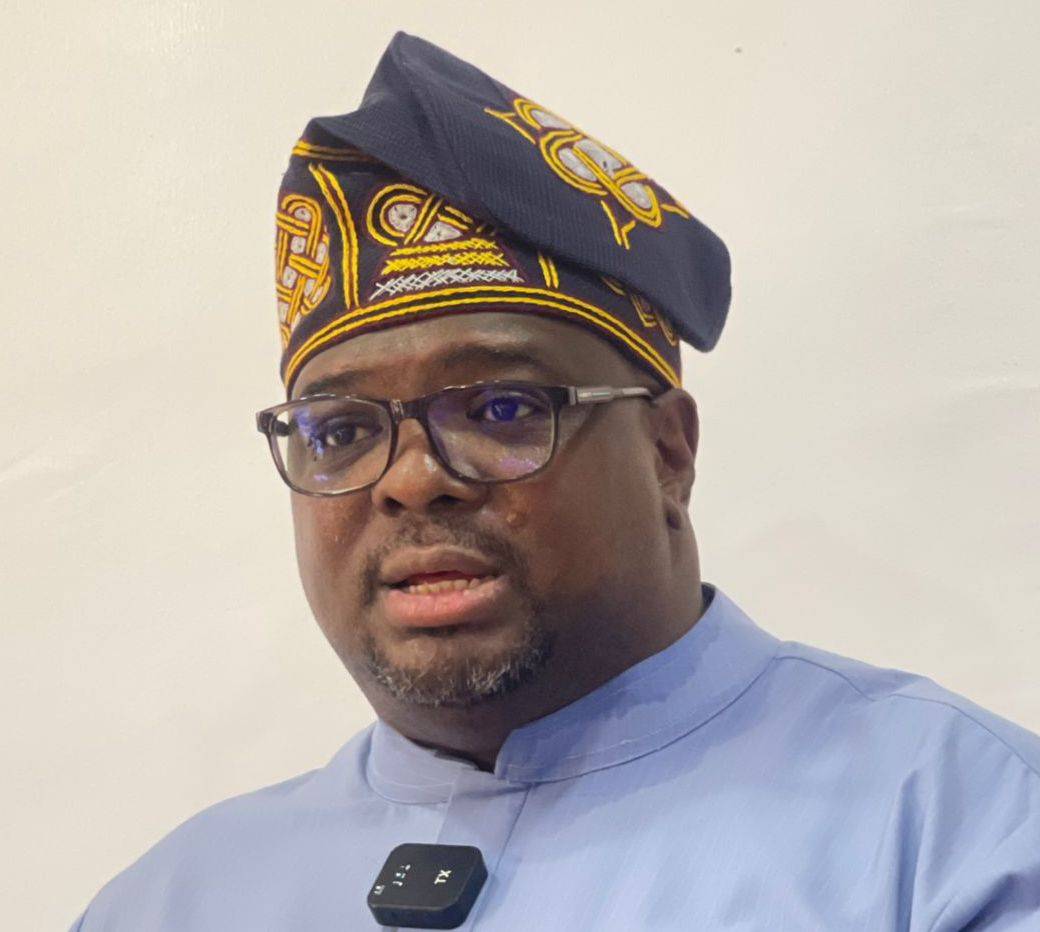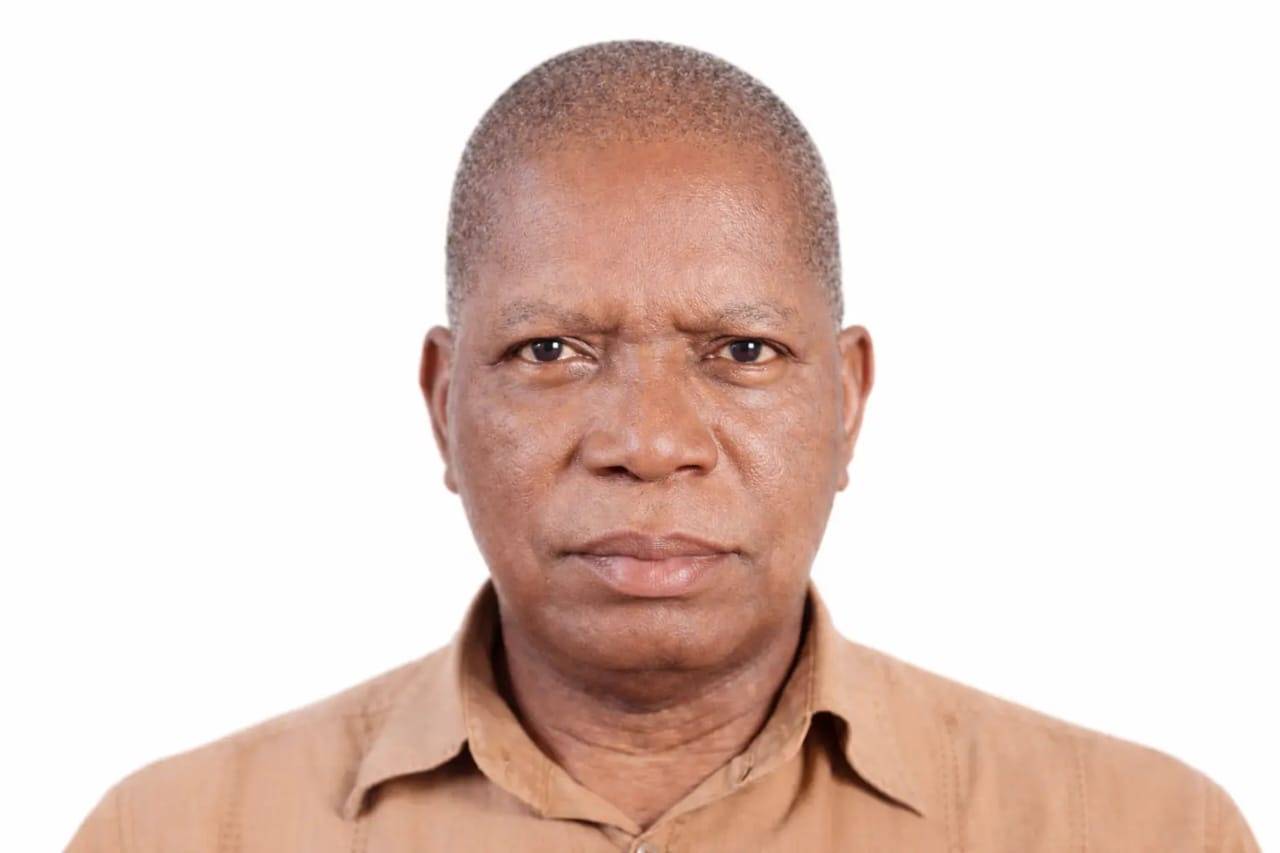By Palladium
Former Central Bank of Nigeria (CBN) governor and Emir of Kano, Muhammadu Sanusi II, was unsparing of the Bola Tinubu administration’s economic management style last week in Lagos when he gave a few remarks at the 21st memorial lecture of Chief Gani Fawehinmi organised by the Ikeja branch of the Nigerian Bar Association (NBA). Without his effervescent and controversial remarks, it is doubtful whether the NBA (Ikeja branch) lecture would have attracted the kind of publicity it received in the following day’s media reports. The emir, whose throne is still disputed in court following his deposition by former governor Abdullahi Ganduje and reinstatement by Governor Abba Kabir Yusuf, can be trusted to attract newspaper headlines any day.
In his remarks at the NBA lecture he seemed unsure he still had friends in the administration, perhaps because he doubted their commitment to his efforts to reclaim the stool he believed he lost unfairly when the then governor, Dr Ganduje, who is now the All Progressives Congress (APC) chairman, deposed him. When he spoke of their lack of commitment to him, it was an oblique reference to the protractedness of the court cases barring him from being the undisputed Kano emir. When he spoke about the administration’s controversial and unnerving economic reforms, it was also an indication that he still recognised them as friends who were nevertheless reluctant or unwilling to behave as friends. If they were reluctant to requite his love, he would not feel bound to help them, he said, inferring both their absolution and their pigheadedness.
Said he: “I have decided not to speak about the economy or the reforms, nor to explain anything regarding them. If I explained, it would only benefit this government, and I don’t want to aid this government. I can stand here today, to be honest, and give a few points that are contrary, a few points that explain perhaps what we’re going through and how it was totally predictable—most of it, and maybe avoidable. But I’m not going to do that. They’re my friends. If they don’t behave like friends, I don’t behave like a friend. So, I watch them being stewed, and they don’t even have people with credibility who can come and explain what they’re doing. But I’m not going to help. Let them come and explain to Nigerians why the policies that are being pursued are being pursued. Meanwhile, I’m watching a very nice movie with popcorn in my hands. What we are going through today is, at least in part—not totally, at least in part—a necessary consequence of decades of irresponsible economic management.”
The administration’s response was rather copious but also tame. They do not need his approval, Information minister Mohammed Idris said, suggesting pointedly that the administration understood that the emir was unable or unkeen to subsume personal interest under national interest. Indeed, apart from justifying their economic measures and proving that they had the competence to explain themselves, contrary to the emir’s cavil, the administration centred its rebuttal on the shocking fact that for Emir Sanusi, it was all about his person, not strictly the policies of the administration nor presidency staff. In his remarks at the NBA lecture, the emir deployed pungent satire to capture the administration’s troubles with Nigeria’s long-suffering public. Hear him: “I don’t want to aid this government; I’m watching them being stewed; they don’t have people with credibility who can explain their policies; I’m watching a very nice movie with popcorn in my hands…”
Emir Sanusi has always been controversial and impetuous. The problem, as the Information minister said, is not that he took issue with any government policy, the big problem is how he failed to realise that his statements show the disturbing inner workings of his mind: his immense self-centredness, his obsession with his ‘immaculate’ worldview, and his incredible willingness to sacrifice anything, including friendship and patriotism, to achieve his private and limited objectives. He is probably right that despite pursuing the right course and policies, the administration has been awkward in explaining themselves. He is also probably right that some of the administration’s policies have been blunted or even inadequate in tackling the country’s socio-economic crisis. And who can refute the emir’s conviction that some of the administration’s officials have been ill-equipped for the tasks at hand. Yes, the emir has ample reasons to be cautious about his optimism, but he also probably flaunts and exaggerates his eloquence which he sometimes substitute for substance, as his alleged profligate first term on the Kano throne indicated, not to talk of his equally controversial and partially undisciplined tenure at the CBN also showed.
In his NBA lecture remarks, Emir Sanusi may have displayed uncommon candour, but he probably underestimates the intelligence and character of many of his listeners, some of whom would have been dismayed at how petty he sounded. To withhold advice to the nation, if not an administration he confessed was staffed by his friends, simply because he was spurned, is to display the crassest measure of self-importance and meanness anyone is capable of exhibiting. His audience would have seen him for what he truly is, a man and traditional ruler strangely lacking in wisdom and noblesse oblige. If he didn’t see the pitfalls of being viewed as a man lacking in generosity of spirit, then he is in fact overrated, regardless of his intellectual profundity and eloquence. When he made the statement of not being eager to help the administration, the applause was muted, and the snickers subdued. His audience probably shuddered at his confessions and shrunk at his lack of circumspection. Indeed, there is a limit to candour and selfishness.
Emir Sanusi forgets himself very quickly. He may disregard the reasons behind his dethronement, but it will be baffling if he also downplays the superficial and crassly political reasons for his restoration to the throne. He is a ready and clearly willing tool in the fight between New Nigerian People’s Party (NNPP) leader, Rabiu Musa Kwankwaso, a former governor of the state, and Dr Ganduje, Gov Yusuf’s predecessor. The combatants can’t stand each other, and will deploy anyone or tool in the service of prosecuting the war. This is why the restored emir is useful, probably only or mainly as a battering ram. But few Kanawa can forget that Dr Ganduje managed to carry out his wish against the emir through a process that passed muster. There was a query, an inquiry, then a dethronement. The inquiry was largely hinged on the emir’s alleged profligacy and refusal to be accountable, a strange behaviour for someone who rose to the position of Governor of the nation’s Central Bank. Had the emir been less voluble and critical of the governor’s policies and style of governance, Dr Ganduje, who was immersed in controversies of his own, would have been sparing. But the emir displayed immense sense of entitlement, not responsibility, and he further scoffed at the efforts to remove him, culminating in his deposition in March 2020.
Emir Sanusi possesses the capacity to always reenact his overreach, sermonising against his unfriendly friends as well as his enemies with equal passion. In the NBA lecture, he trained his guns on the current federal administration, revealing to everyone’s amazement that he was doing so because the administration refused to acknowledge him in certain ways and over certain issues. This style has become, for him, idiosyncratic. He will repeat the NBA-like harangue now or in the future when anyone, friend or foe, crosses his path. He can’t help it. There is no altruism in his methods, and he does not care. Consumed by self-consideration, he will not be denied what he thought heaven and tradition, not to say intellect and aristocracy, has vouchsafed him. It is just as well that one of his closest friends is the stormy petrel of Kaduna politics, the inimitable Nasir el-Rufai, a former governor. Both are incurably entitled, and both can be appallingly acerbic when denied. They do not think they are ever wrong; indeed they do not think they can be wrong. Intelligent, courageous, proud of their Fulani heritage, and imperial and ruthlessly vindictive, all that remains for them, as their chequered years in politics and monarchy have exposed, is to develop the character necessary to produce the staying power they covet and the pillars to anchor their tall ambitions.
Culled from The Nation


